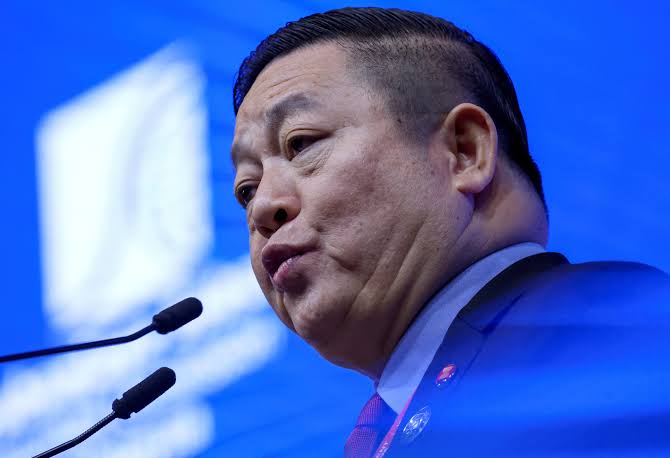President Bola Tinubu’s administration has launched a series of strategic reforms designed to stimulate a significant increase in oil and gas investments in Nigeria. These initiatives are intended to leverage the country’s rich energy resources, promote economic development, and establish Nigeria as a key player in the global energy landscape.
A key element of these reforms is the major investment from Exxon Mobil Corp, which has pledged $10 billion towards Nigeria’s offshore oil activities. This investment is primarily directed at the extensive deep-water Owo project, with Exxon planning to allocate $2.5 billion each year. The goal is to enhance oil production by an additional 50,000 barrels per day, highlighting the appeal of Nigeria’s reformed oil sector to foreign investors.
In addition to these advancements, Aliko Dangote’s refinery, capable of processing 650,000 barrels per day, has begun operations in Lekki, near Lagos. After facing initial setbacks, the refinery started supplying petrol to Nigerian stations in October 2024. This facility is expected to decrease Nigeria’s reliance on imported fuel, potentially stabilizing domestic fuel prices and improving the country’s balance of payments.
Simultaneously, the Ajaokuta–Kaduna–Kano (AKK) Natural Gas Pipeline project is approaching completion, with expectations for its launch in the first quarter of 2025. This 614-kilometer pipeline is designed to connect various regions across Nigeria, improving the distribution of natural gas and fostering industrial growth throughout the nation.
Moreover, the Nigeria LNG Train 7 project is poised to increase the country’s liquefied natural gas production capacity by 35%, raising output from 22 million tonnes per annum (Mtpa) to 30 Mtpa. This expansion not only enhances Nigeria’s export capabilities but also demonstrates the country’s dedication to fulfilling global energy needs.
See more: Tinubu’s Initiatives Transforms Nigeria into a Formidable Economic Force.
President Tinubu’s choice to eliminate fuel subsidies has significantly impacted the energy sector. Although this decision initially caused petrol prices to rise, it has led the government to advocate for compressed natural gas (CNG) as a viable alternative fuel. The initiative aims to convert over 100,000 vehicles to CNG, with a goal of adapting one million vehicles within the next three years, providing a more cost-effective and eco-friendly transportation solution.These reforms have collectively opened the door to a wave of new investments in oil and gas, marking a transformative period for Nigeria’s energy sector. By fostering a more investment-friendly climate and tackling long-standing structural issues, President Tinubu’s administration is setting the stage for sustainable economic development and reinforcing Nigeria’s position as a significant player in the global energy arena.





